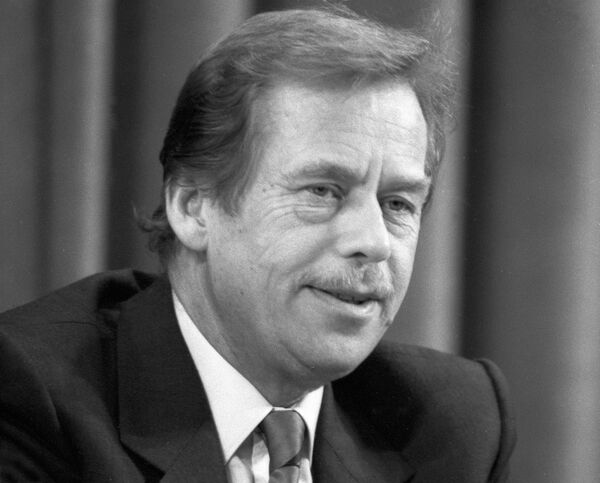Former Czech President Vaclav Havel, one of the leading anti-Communist dissidents of the 1970s and 1980s, has died aged 75, the Czech television reported on Sunday.
The former president, who suffered from prolonged ill-health, died on Sunday morning, according to his secretary Sabina Tancecova.
Havel first came to international fame as a dissident playwright in the 1970s.
The playwright turned political activist spent four and a half years in prison for opposing Czechslovakia's Communist government before emerging as a leader of the nonviolent Velvet Revolution that swept it aside in 1989.
Havel was his country's first democratically elected president after the Velvet Revolution. As president, he oversaw the country's transition to democracy and a free-market economy, as well its peaceful 1993 breakup into the Czech Republic and Slovakia.
"His peaceful resistance shook the foundations of an empire, exposed the emptiness of a repressive ideology, and proved that moral leadership is more powerful than any weapon," U.S. President Barack Obama said in a statement. "He played a seminal role in the Velvet Revolution that won his people their freedom and inspired generations to reach for self-determination and dignity in all parts of the world."
"Vaclav Havel was one of the greatest Europeans of our age," Swedish Foreign Minister Carl Bildt wrote on Twitter. "His voice for freedom paved way for a Europe whole and free."
"The man has died but the legacy of his poems, plays and above all his ideas and personal example will remain alive for many generations to come," said European Commission President Jose Manuel Barroso. "As he said himself in 1975 in an open letter to Gustav Husak, then president of the communist regime: 'Life cannot be destroyed for good, neither can history be brought entirely to a halt.'"


